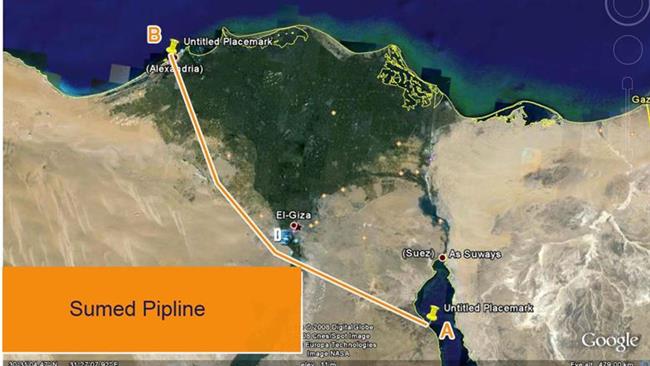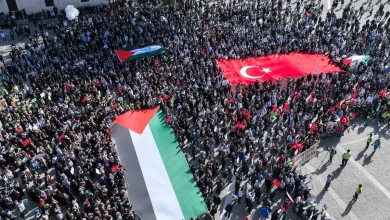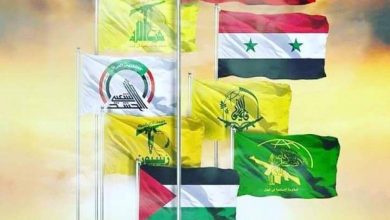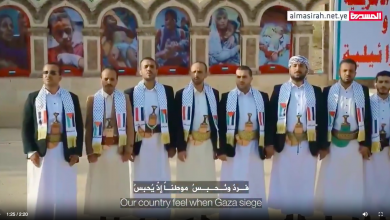
Iran is waiting for a go-ahead from Egypt to resume oil shipments through the SUMED pipeline to Europe and the Mediterranean region.
Western sanctions imposed on Iran’s oil industry brought shipments through SUMED and the Suez Canal to a virtual halt in 2012, hitting revenues for cash-strapped Egypt.
Last November, Petroleum Minister Tarek El Molla said Egypt looked to Iran’s ramp-up of oil production which could boost the Arab nation’s proceeds from transit of crude through SUMED.
The January lifting of sanctions on the Islamic Republic apparently removed the biggest hurdle to the renewed operation of the pipeline but there is little indication that would happen any time soon.
Politics seems to be playing a role at a time of diplomatic tensions between Iran and Saudi Arabia. Relations are at the lowest ebb in recent years over the kingdom’s execution of a prominent Shia cleric.
Riyadh severed diplomatic relations with Tehran after Iran strongly condemned the execution. Saudi rulers have also been pressuring other Arab nations to restrict links with Iran.
Saudi Arabia’s state-run Aramco owns 15% of SUMED while companies from the UAE and Kuwait, both allies of the kingdom, hold 15% of the stakes in the pipeline each and Qatar Petroleum another five percent.
Egypt owns 50% of the 320-km pipeline which runs from the Red Sea to the port of Sidi Kerir west of Alexandria.
The Arab Petroleum Pipelines Co., which operates the link, is reportedly reviewing the terms of the agreement that removed sanctions on Iran in January.
“The operator is seeking to ensure Iran complies with sanctions regulations before resuming oil shipments halted since August 2012,” Bloomberg has cited a company official as saying.
The talk of Iranian compliance is odd at a time when European and Asian companies have already resumed shipments.
Last month, Russia’s Lukoil, Spain’s Cepsa and France’s Total shipped the first oil cargoes from Iran for Europe since the removal of sanctions.
SUMED provides an alternative transit route for oil cargoes from the Persian Gulf region to the Mediterranean that are too large to be shipped through the Suez Canal, Bloomberg said.
Iran has already stepped up production by 500,000 barrels per day and plans to add another 500,000 bpd to reach the level before 2011 when the country exported 2.5 million bpd at its peak.







